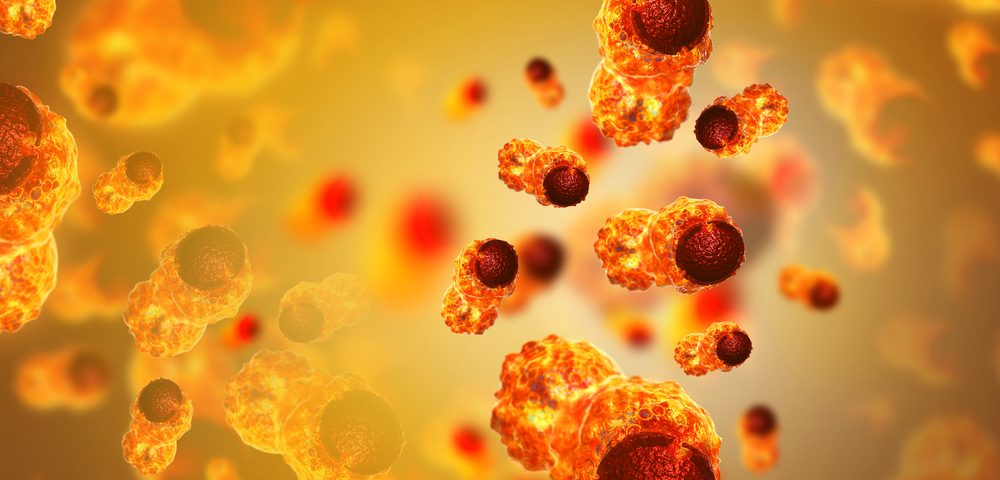Researchers found that the mechanism by which a tumor loses a key tumor suppressor, the retinoblastoma or RB gene, influences the aggressiveness of prostate cancer.
The study, “Differential impact of RB status on E2F1 reprogramming in human cancer,” was published in The Journal of Clinical Investigation.
The retinoblastoma (RB) susceptibility gene was one of the first genes identified as a tumor suppressor, meaning that it helps protect cells from entering a cancerous or malignant state.
But while researchers have removed the gene to study how its absence promotes cancer, the natural mechanisms that made the RB gene function remained unknown or poorly understood.
As a result, a team of scientists at Thomas Jefferson University in Philadelphia and colleagues analyzed tumor and cell-free DNA samples from patients with advanced prostate cancer.
They found that direct loss of the RB gene was the primary mechanism leading to RB loss of function in prostate cancers. The other way the gene could be disturbed was by inactivating its function.
“RB loss causes a major reprogramming of gene expression, allowing induction of pathways that promote features that induce characteristics of lethal disease,” Karen Knudsen, PhD, lead author of the study and director of the Sidney Kimmel Cancer Center (SKCC) at Thomas Jefferson University, said in a press release.
This broad rewiring of gene expression had clear implications on the clinical outcomes: While RB loss was associated with increased disease lethality, tumors with RB inactivation had no proliferative advantage over those with a functioning RB.
Surprisingly, researchers observed that RB gene loss activated a tumorigenesis–promoting program that was different from RB inactivation.
Overall, “these findings not only identify tumor-suppressive functions of RB that are distinct from cell cycle control, but also demonstrate that the molecular consequence of RB loss is distinct from RB inactivation,” the study concluded.
The results also show how RB loss promotes disease progression, which may lead to new monitoring and therapies for advanced cancers. For example, assessing RB loss in circulating free DNA – what is known as a liquid biopsy – may help clinicians identify and select which prostate cancer patients may benefit the most from certain treatments.
“Unlike breast cancer, all prostate cancers are currently treated in an identical fashion. This discovery, and the clinical trials we have underway, suggest that RB status might be used as means to stratify patients into more effective treatment regimens,” said William Kevin Kelly, leader of the Prostate Cancer Program at SKCC.

